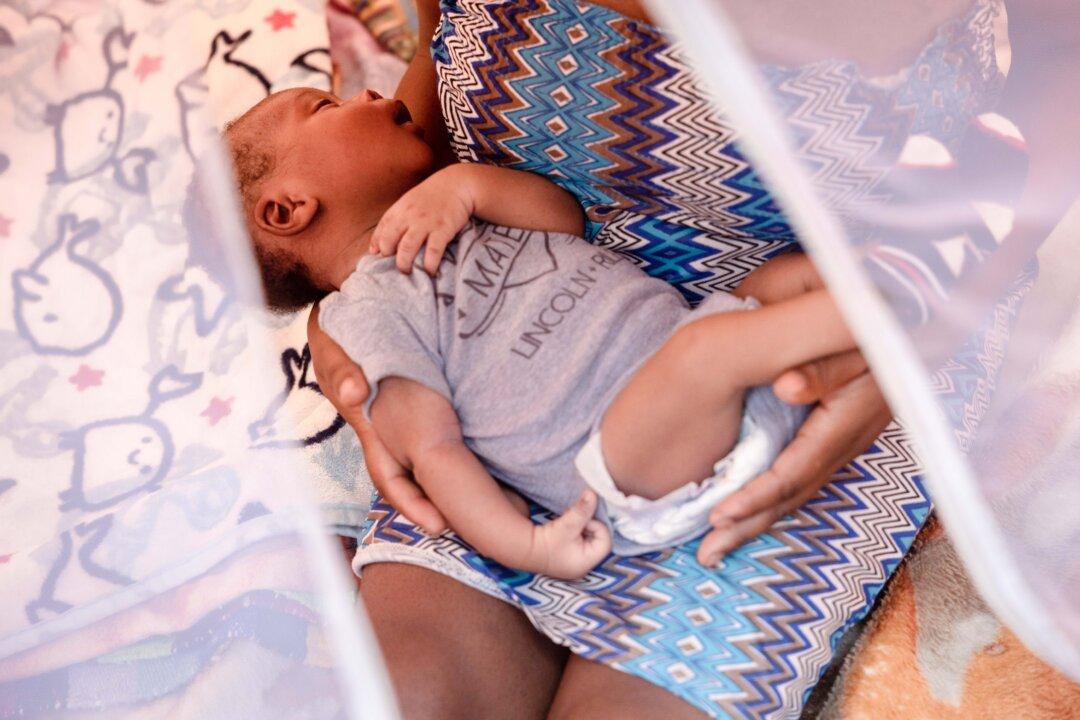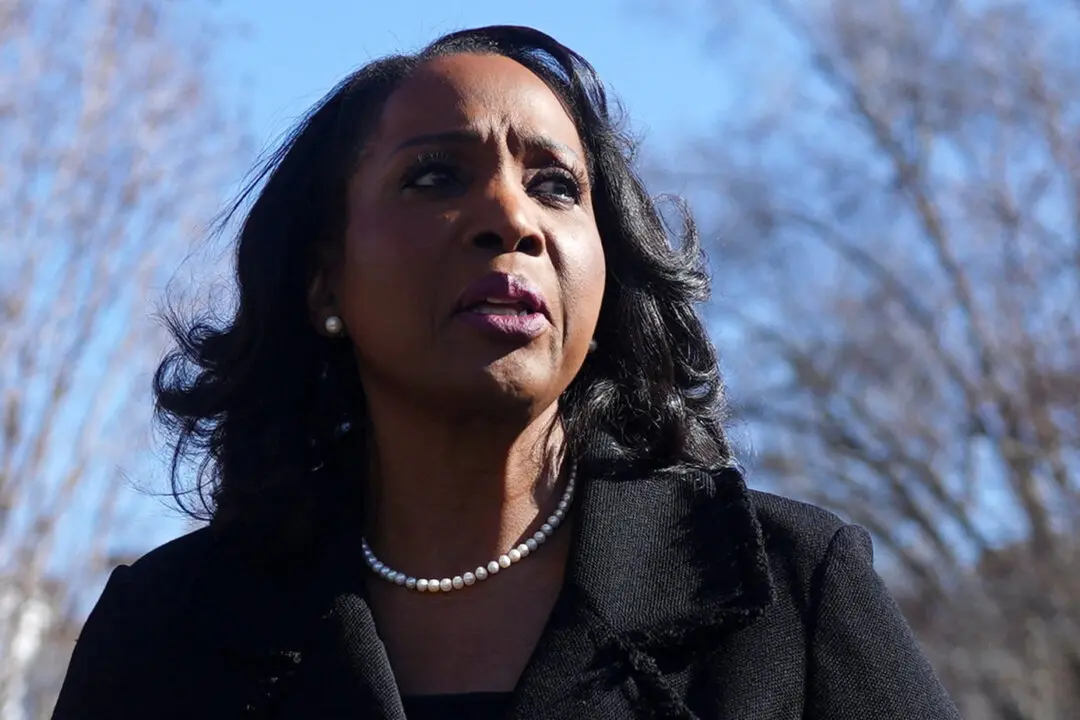A federal judge has issued a preliminary injunction blocking the Trump administration from implementing the president’s order ending automatic U.S. citizenship for children of illegal immigrants present in the United States.
While issuing the order on Feb. 6, Judge John Coughenour of the Western District of Washington accused President Donald Trump of seeing the rule of law as an impediment to his policy goals. He said the rule of law was a beacon of light in his courtroom and that he intended to protect it.





